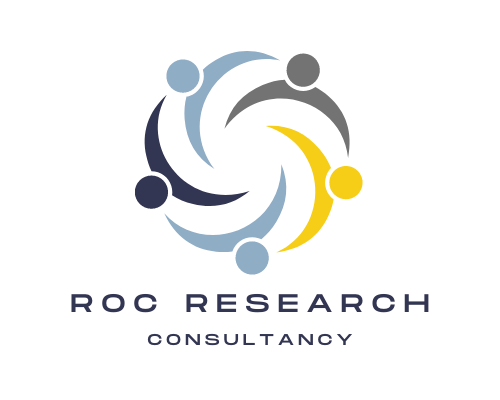A Tale of Two Counties Podcast
Posted on
Last month Rebecca O’Connor from ROC Research Consultancy was invited to chat to Matt Evans from Active Lincolnshire and Charlie Coward from Active Dorset on their Tale of Two Counties podcast. Since the summer of 2021, Active Lincolnshire have been working closely with Active Dorset in order to share learning and develop their ability to work in the Health and Care sector. ROC Research have been evaluating this work using their embedded researcher approach.
To share what they have both leant from working together, Matt and Charlie have produced a podcast series to help Active Partnerships across the country and others build confidence in their work to embed physical activity in health and care pathways as the new ICS structures emerge and develop their ability to work in the Health and Care sector. The series gives a fascinating insight into working in complex health systems and in episode 6, Rebecca talks with Matt and Charlie to discuss how this work has been evaluated and some of what has been found, as well as the principles around monitoring 'systems working' rather than counting outputs. Have a listen here to find out more about how Rebecca and ROC Research work with organisations to help them make sense of the complex work they are involved in.

